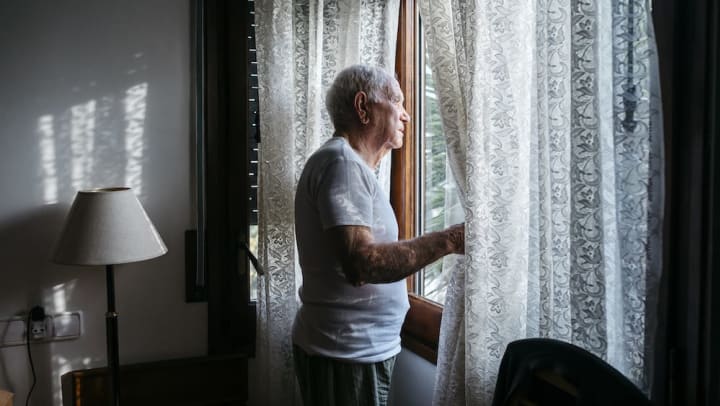While colder weather has its perks – curling up with a hot drink, watching gently falling snow, and seeing family for the holidays – it can also bring on feelings of depression, loneliness, and isolation, particularly for seniors. Seasonal affective disorder (SAD) is characterized by having low energy, losing interest in activity, and feeling hopeless, sad, or listless. For most affected, these symptoms first show up during late fall and persist through the winter. Older adults who have more difficulty leaving their homes in colder weather or are hesitant to spend time outdoors during ice or snow storms may be more prone to SAD symptoms, which can be devastating for both mental and physical health. Careage Senior Living has compiled a list of ways to help seniors combat the effects of seasonal affective disorder.
Phototherapy
Phototherapy or light therapy involves using a device called a lightbox to deliver a steady dose of bright light to someone suffering from SAD. The intended purpose of this treatment is to mimic the sensation of ordinary outdoor light in order to combat the symptoms of SAD, which are often brought on by the darker days and diminished sunlight caused by the changing seasons. Using a lightbox can possibly cause side effects such as headaches, fatigue, or insomnia, so you should make sure to talk to a doctor before experimenting with phototherapy.
Medication
Depression, including the type of depression brought on by seasonal affective disorder, can be successfully treated by a variety of antidepressants, particularly serotonin reuptake inhibitors (SSRIs) such as fluoxetine and sertraline. Depression is linked to lower levels of serotonin in the brain, and SSRIs work by preventing your blood from absorbing too much serotonin, leaving extra amounts in your brain. As always, be sure to speak with a doctor, therapist, and/or psychiatrist about antidepressant side-effects and interactions with other medications you are taking.
Going Outside
Simply heading out for some fresh air can work wonders to alleviate the feelings of depression and isolation brought on by seasonal affective disorder, but going outside during winter can be easier said than done. Make sure to bundle up appropriately even if you’re just going on a short walk, and if the conditions outdoors are too icy or treacherous, sitting by an open window can be a good substitute. If you live in a senior living community, you can also take advantage of transport programs to safely venture out to local shops for some much-needed time away from home.
We hope this article was able to give you some insight into seasonal affective disorder as well as some ways to combat it. For more information on what you can do during the winter and what sorts of transportation and assistance services Careage offers, check out our Services page.



